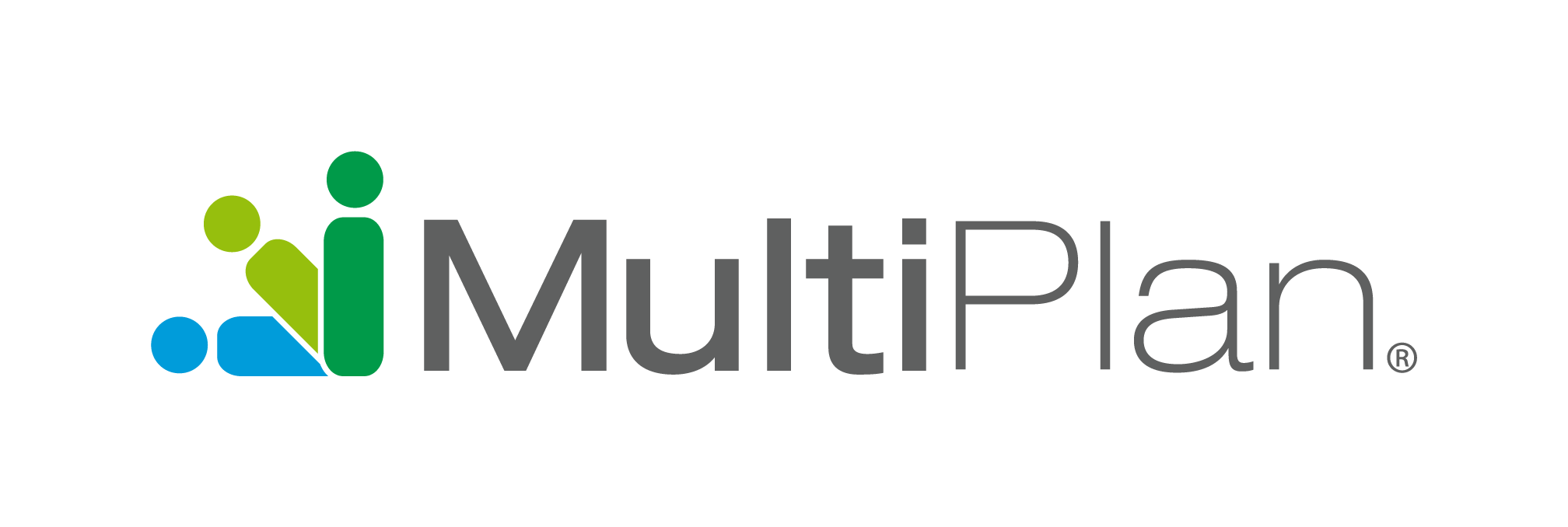As 2022 rings in, so does the No Surprises Act (NSA). While the healthcare industry has been preparing for the NSA for over a year, there may still be some confusion over what types of plans are impacted by the new law as well as what types of services.
Types of Plans Impacted
The NSA prohibits surprise bills for individuals covered by group health plans and health insurance issuers of individual and group health insurance coverage. Individual health insurance plans are available to individuals via the exchanges or directly from insurers or brokers. Group health plans provide insurance coverage to a group of members, usually composed of company employees or members of an organization. They include:
- Private employment-based group health plans subject to ERISA
- Non-federal governmental plans (such as plans covering state and local government employees) subject to the Public Health Service Act
- Qualified church plans established and maintained for employees of tax-exempt churches
Group health plans can be insured or self-insured, and include grandfathered health plans (plans that existed on March 23, 2010 and have basically stayed the same), grandmothered or transitional plans (plans that aren’t grandfathered but were in effect prior to 2014), and traditional indemnity plans. For insured group health plans, the No Surprises act wraps around any existing state surprise billing laws to ensure members have the full benefit of both state and federal protections.
Federal employer health benefit plans are also covered by the No Surprises Act.
The interim final rule published in July 2021 clarified that the NSA is applicable to indemnity plans, which suggests that reference-based pricing plans would also be covered by the law. However, the definition of surprise bills for indemnity plans is typically limited to Emergency and Air Ambulance claims. For example, if a plan has no hospital network, then there cannot be a surprise bill scenario where a member goes to a network hospital and is treated by an out-of-network professional. Presumably, this same analysis would apply to reference-based pricing plans that do not have networks. However, the rule does state that a non-network facility is to be considered the same as a network participating facility with respect to identifying surprise bills if the plan has an individual agreement with that facility.
Limited benefit plans and international plans are not specifically included in or excluded from the NSA. However, the requirements of the No Surprises Act apply only when both the plan and the provider are regulated within the United States. For example:
- A Japanese citizen with Japanese healthcare insurance travels to the United States, is in a car accident, and is taken to an ER. In this example, the patient would not be protected by the NSA because their plan is not regulated by the US federal government.
- An American citizen with American healthcare insurance travels to Japan, is in a car accident, and is taken to an ER. In this example, the patient is not protected by the NSA because the facility and providers are not regulated by the US federal government. Note: Travel insurance would not add NSA protection.
The following plans are specifically excluded from the NSA:
- Health reimbursement arrangements, or other account-based plans that make reimbursements subject to a maximum fixed dollar amount for a period, as the benefit design of such plans makes concepts related to surprise billing and choice of healthcare professionals inapplicable
- Plans consisting solely of excepted benefits
- Short-term limited duration plans
- Retiree only plans
- Plans with less than 2 participants who are current employees
Types of Services Impacted
The following types of medical services are regulated by the NSA:
- Emergency services (through post-stabilization)
- Air ambulance (emergency and non-emergency)
- Out-of-network professional services delivered at in-network facilities unless the provider has obtained a signed patient consent for the out-of-network service. Note: anesthesiology, radiology, pathology, neonatal, assistant surgeon, hospitalist and intensivist service are not eligible for patient consent.
- Mental health services are not specifically excluded from the definition of emergency or nonemergency services. In addition, for purposes of identifying surprise bills, psychiatric facilities are included in the definition of a hospital.
Learn how MultiPlan’s End-to-End Surprise Billing Service can help you comply with requirements of the No Surprises Act.
The information provided on this website does not, and is not intended to, constitute legal advice; instead, all information, content, and materials available on this site are for general informational purposes. If you have questions about how the No Surprises Act applies to your organization, please consult your legal counsel.

